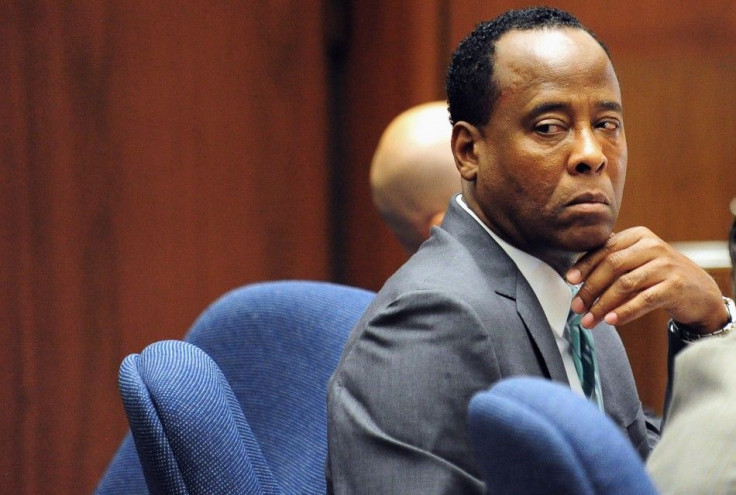Jurors in Jackson trial see video on propofol use

Jurors in the trial of Michael Jackson's doctor were shown a detailed video on Wednesday on the correct use of the drug that killed the singer -- a potentially damaging presentation that differed sharply from accounts of how the doctor cared for him.
Propofol, an anesthetic normally used to sedate patients before surgery, was ruled the main cause the Thriller singer's death in June 2009. Dr. Conrad Murray has admitted giving Jackson the drug to help him sleep.
Dr. Steven Shafer, regarded as one of the leading researchers in the use of propofol, narrated the medical training video from the witness stand as the prosecution neared the end of its case in Murray's trial for involuntary manslaughter in Los Angeles.
Murray's attorneys claim Jackson gave himself an extra, fatal dose of the drug when the doctor was out of the singer's bedroom.
Previous prosecution witnesses have testified that Murray failed to take key safety precautions and that propofol should not be used for insomnia.
Wednesday's video showed doctors in scrubs and gloves attending to a patient in a sterile operating room, with electronic monitors and displays. They meticulously checked medical tools and machines that witnesses say were absent in the bedroom where Murray gave Jackson propofol.
Those included emergency tools to open a patient's airway if the person stops breathing, and Shafer told jurors that equipment must be close-by during a surgical procedure.
If you have to walk even a few feet and the patient is not getting oxygen, it's a few feet too far, said Shafer, a professor at Columbia University who helped set the U.S. standards for propofol dosage.
The video was produced at a university medical center in Canada as a training lesson.
Shafer testified that propofol was an outstanding drug when used in the correct circumstances.
But he said it had gotten a bad name since Jackson's death and that he wanted to reassure the public about its use when properly administered.
I am asked every day I'm in the operating room, I tell patients what I'm going to do and I am asked the question, 'Are you going to give me the drug that killed Michael Jackson?' Shafer said.
What has happened in this case has nothing to do with (patients') experience when they see a doctor for a procedure, Shafer added.
The defense is expected to begin presenting its case on Friday. Murray, who has pleaded not guilty, faces a maximum sentence of four years in prison if convicted.
© Copyright Thomson Reuters 2024. All rights reserved.







